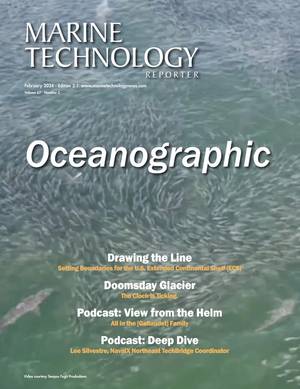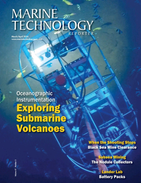DOE awards Atlantic Marine Energy Center $10m for Renewable Ocean Energy Research
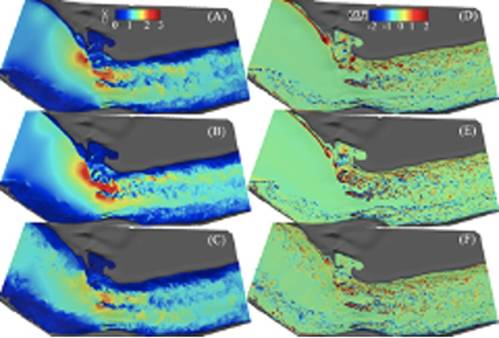
This image depicts simulated turbulence in a waterway where a virtual tidal farm can be installed. The Stony Brook research team will use such simulations to investigate potential renewable ocean energy options. Photo Credit: Ali Khosronejad
A team of Stony Brook University researchers are working with scientists in the northeast as part of the new Atlantic Marine Energy Center (AMEC) to conduct research and development that address ongoing needs for sustainable renewable ocean energy. The Stony Brook team has received $2 million to conduct their research, which is part of a $9.7 million Department of Energy four-year grant given to a consortium of academic institutions on the east coast led by the University of New Hampshire (UNH). The AMEC will be one of only four National Marine Renewable Energy Centers in the country.
The Stony Brook team from the College of Engineering and Applied Sciences (CEAS) includes Ali Khosronejad (Principal Investigator (PI), Co-Director of the AMEC and Assistant Professor in the Department of Civil Engineering), Fang Luo (Co-PI, Associate Director of the AMEC, and Associate Professor in the Department of Electrical Engineering), and Peng Zhang (Co-PI, and Professor in the Department of Electrical Engineering).
“Research through the AMEC will be a dynamic collaborative that assesses new technologies in an emerging area of renewable energy via the power of the oceans. We are looking forward to contributing greatly to this initiative given our expertise in multiple research disciplines and our location and access to Long Island waters,” says PI Khosronejad. “The project will tremendously advance the state-of-the-art of ocean energy harvesting and significantly contribute to the overall plan for climate change control.”
The research partnership includes UNH, Stony Brook, Lehigh University, and the Coastal Studies Institute administered by East Carolina University. The consortium through the AMEC, along with key energy collaborators, will work to further ocean energy technology through research, education and outreach, complementing work being done at DOE’s National Labs. The collective applications developed by this partnership will help to power the “blue economy” – a newer concept that encourages better use of the ocean as a resource while reducing environmental harm.
Scientists and engineers from each institution, including both faculty and students, will work in the field, the laboratory or computationally to study and implement ocean energy projects. The central focus will be on the scientific understanding and overall effectiveness of wave energy and tidal energy conversion, including wave powered water pumps and tidal turbine farms.
According to Khosronejad, the Stony Brook team will study marine energy microgrid software and hardware development, fluid-structure interactions, turbine-waterway-wave interactions, and sediment transport through numerical modeling to optimize the design of tidal farms – i.e., hydrokinetic turbines installed in estuary and coastal areas.
To conduct these projects, the Stony Brook team will incorporate data-driven research by way of a supercomputing cluster within Civil Engineering and the Seawulf supercomputing cluster, as well as experimentation in Electrical Engineering laboratories including Spellman High Voltage Power Electronics Lab and Power & Energy Lab.
The AMEC will also collaborate with the National Renewable Energy Laboratory, Sandia National Laboratories, Pacific Northwest National Laboratory, European Marine Energy Center and Old Dominion University.
The research will be funded by DOE’s Office of Energy Efficiency and Renewable Energy (EERE) under the Water Power Technologies Office (WPTO) Award Number DE-EE0009450.

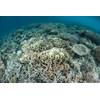
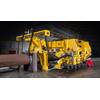
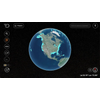
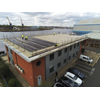
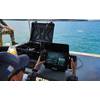
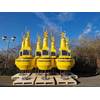







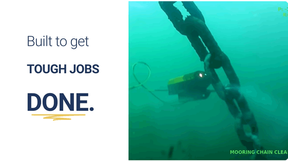
 February 2024
February 2024
